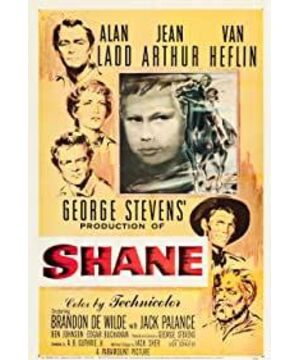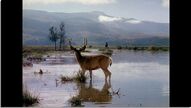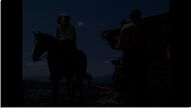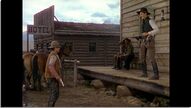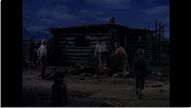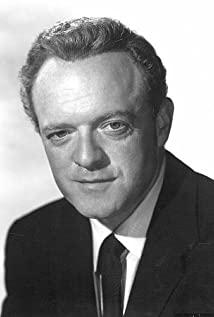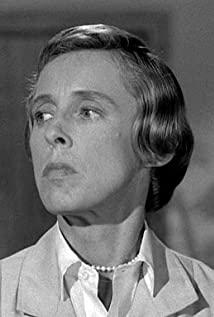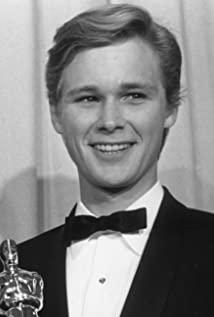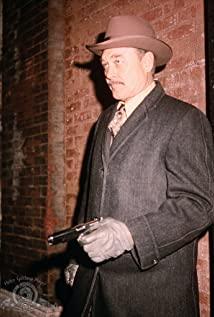"The Wilderness" is very different from the American Western movie I expected.
In my inherent impression, the cowboys in the western films became heroes in the story after they fought off the villains (mostly Indians), aiming to celebrate the unrelenting spirit of the United States when developing the western territory. The overall mood was magnificent and happy. Excited, like "The Great Train Robbery" and "Flying Through Guanshan".
After watching "The Wilderness", I realized that although it is also a eulogy to heroes, the whole film is filled with the desolation of the hero's twilight. Sean is no longer the happily pioneering cowboy in the classic Westerns, but falls into self-doubt. Just like his last choice: you can't protect everyone without picking up the gun, but you must leave everyone if you pick up the gun.
I guess that this is related to the social development of the United States. The two films that helped me construct the inherent impression of Western films were both released before World War II; "The Wilderness" was released in the 1950s, a period of rapid economic development in the United States after World War II. The economic and social development threatens the existence of western cowboys. Its heyday has passed. How should the self-worth of hero cowboys be realized in a society that gradually moves toward civilization (such as "there is already a prison here" in "The Wilderness"), Become a question that has to be thought about-this may be the reason for the slower pace of the film as a whole, and Sean is a typical representative of cowboys in this period.
In the end, Sean gave up family and friends and chose to realize his personal value as a gunfighter. The contradiction between the individual and the society is one of the themes of Western films, and the compulsion to make this choice exaggerates the loneliness of the characters. The era of relying on force to solve problems is over, and the cowboy is about to disappear in the historical trend. He tried to integrate into society, but ultimately failed.
Sean is a hero abandoned by God, but God did not completely abandon the cowboy. The film cleverly arranges the role of the boy Joey. In a family environment where he is forbidden to learn marksmanship, he still yearns for Sean's cowboy spirit. The era does not need to kill, but the spirit of pursuing freedom and courage is passed on from generation to generation.
View more about Shane reviews


